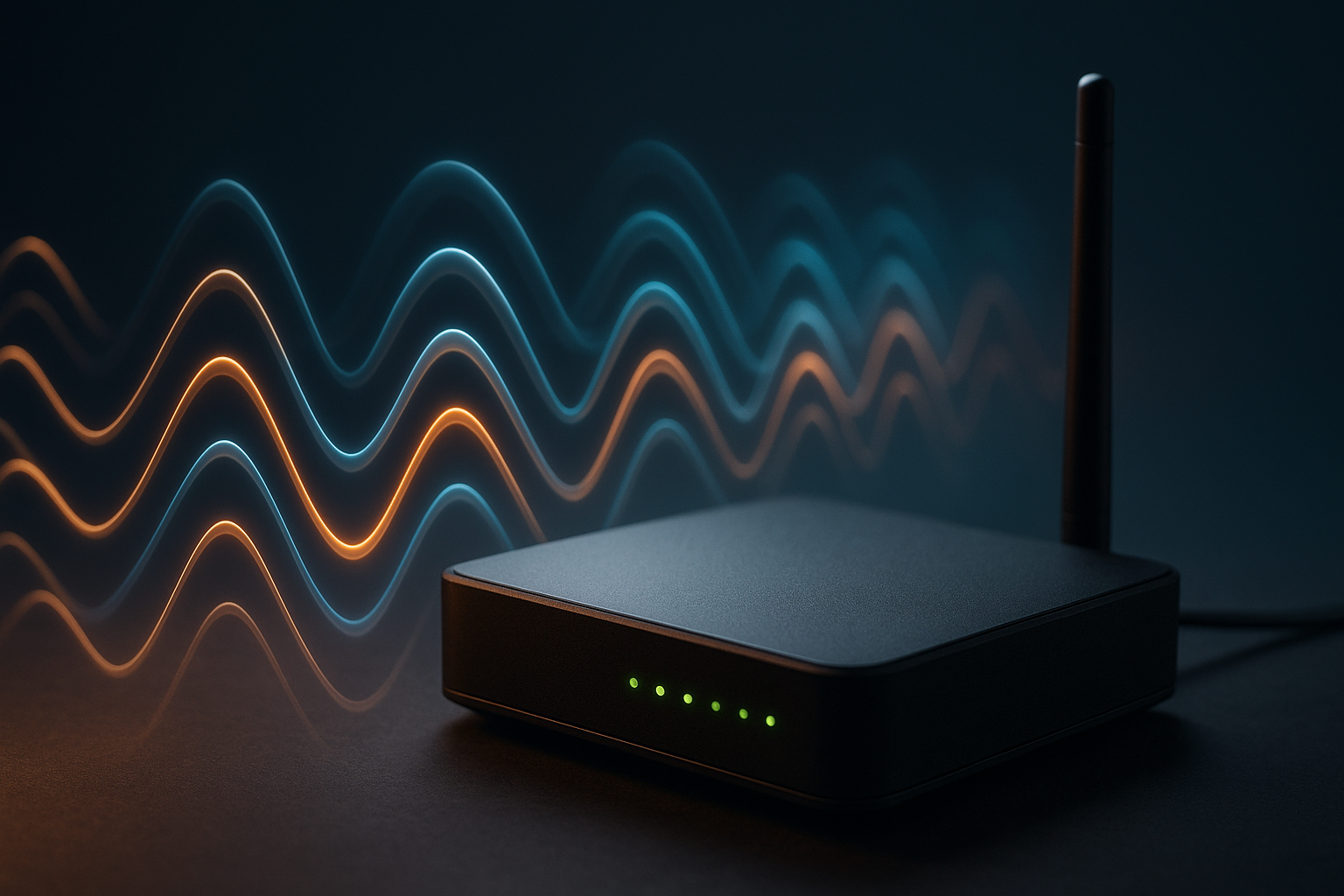Wireless Internet: Understanding WiFi Plans and Fast Home Connections
In today's digital age, a reliable and fast wireless internet connection has become an essential utility for homes and businesses alike. With the increasing demand for seamless online experiences, understanding the ins and outs of wireless internet, commonly known as WiFi, is crucial. This article will delve into the world of WiFi plans, home WiFi setups, and how to ensure you have fast, reliable internet connectivity.

What exactly is wireless internet or WiFi?
Wireless internet, or WiFi, is a technology that allows devices to connect to the internet without the need for physical cables. It uses radio waves to transmit data between your device and a router, which is connected to your internet service provider’s network. This technology has revolutionized the way we access the internet, offering flexibility and convenience in both home and public settings.
How do WiFi plans work, and what should you consider?
WiFi plans are packages offered by internet service providers (ISPs) that determine the speed, data allowance, and sometimes additional features of your wireless internet connection. When choosing a WiFi plan, consider factors such as:
-
Speed: Measured in Mbps (megabits per second), this determines how quickly you can upload and download data.
-
Data allowance: Some plans offer unlimited data, while others have caps.
-
Number of devices: Consider how many devices will be connected simultaneously in your household.
-
Contract length: Plans may be month-to-month or require longer commitments.
-
Additional features: Some plans include extras like security software or parental controls.
It’s essential to assess your household’s internet usage habits and choose a plan that meets your needs without overpaying for unnecessary features.
What equipment is needed for a home WiFi setup?
To set up a home WiFi network, you’ll need the following equipment:
-
Modem: This device connects to your ISP’s network and translates the signal for your home network.
-
Router: Distributes the internet connection wirelessly to your devices.
-
Ethernet cables: For connecting the modem to the router and potentially to devices that require a wired connection.
Many ISPs now offer combined modem-router units, often called “gateways,” which simplify the setup process. However, using separate devices can sometimes provide better performance and more control over your network.
How can you ensure fast WiFi throughout your home?
Achieving fast WiFi throughout your home can be challenging, especially in larger or multi-story properties. Here are some tips to optimize your home WiFi:
-
Position your router centrally: Place it in a central location, away from walls and obstructions.
-
Update firmware regularly: Keep your router’s software up-to-date for optimal performance.
-
Use a mesh network: For larger homes, consider a mesh system that uses multiple nodes to extend coverage.
-
Choose the right frequency: Most modern routers offer both 2.4GHz and 5GHz bands. 5GHz typically provides faster speeds but shorter range.
-
Minimize interference: Keep your router away from other electronic devices that may cause interference.
What are the latest advancements in wireless internet technology?
The world of wireless internet is constantly evolving. Some recent advancements include:
-
WiFi 6 (802.11ax): The latest WiFi standard offering faster speeds and better performance in crowded networks.
-
5G home broadband: Using cellular technology to provide high-speed internet to homes without traditional fixed-line connections.
-
Satellite internet: Improved satellite technology is bringing faster internet to rural and remote areas.
-
IoT-specific networks: Dedicated networks for Internet of Things devices to improve efficiency and reduce congestion on main networks.
These technologies are expanding the possibilities of wireless internet, making it faster, more reliable, and more accessible than ever before.
What are some popular WiFi plans available in the UK?
When it comes to choosing a WiFi plan in the UK, there are several providers offering a range of options to suit different needs and budgets. Here’s a comparison of some popular plans:
| Provider | Plan Name | Average Speed | Monthly Cost | Contract Length |
|---|---|---|---|---|
| BT | Fibre 2 | 67 Mbps | £32.99 | 24 months |
| Virgin Media | M100 Fibre Broadband | 108 Mbps | £28.00 | 18 months |
| Sky | Superfast Broadband | 59 Mbps | £28.00 | 18 months |
| TalkTalk | Fibre 65 | 67 Mbps | £24.00 | 18 months |
| Plusnet | Unlimited Fibre Extra | 66 Mbps | £25.99 | 18 months |
Prices, rates, or cost estimates mentioned in this article are based on the latest available information but may change over time. Independent research is advised before making financial decisions.
When selecting a WiFi plan, it’s important to consider not just the price, but also the speed, contract length, and any additional features or benefits offered by the provider. Some ISPs may offer introductory discounts or bundle deals with TV or mobile services, which could provide better value for your specific needs.
In conclusion, wireless internet has become an integral part of our daily lives, offering convenience and connectivity across various devices. By understanding WiFi plans, optimizing your home setup, and staying informed about the latest technologies, you can ensure a fast and reliable internet experience. Whether you’re streaming, working from home, or simply browsing, a well-chosen WiFi plan and properly configured network can make all the difference in your digital life.




